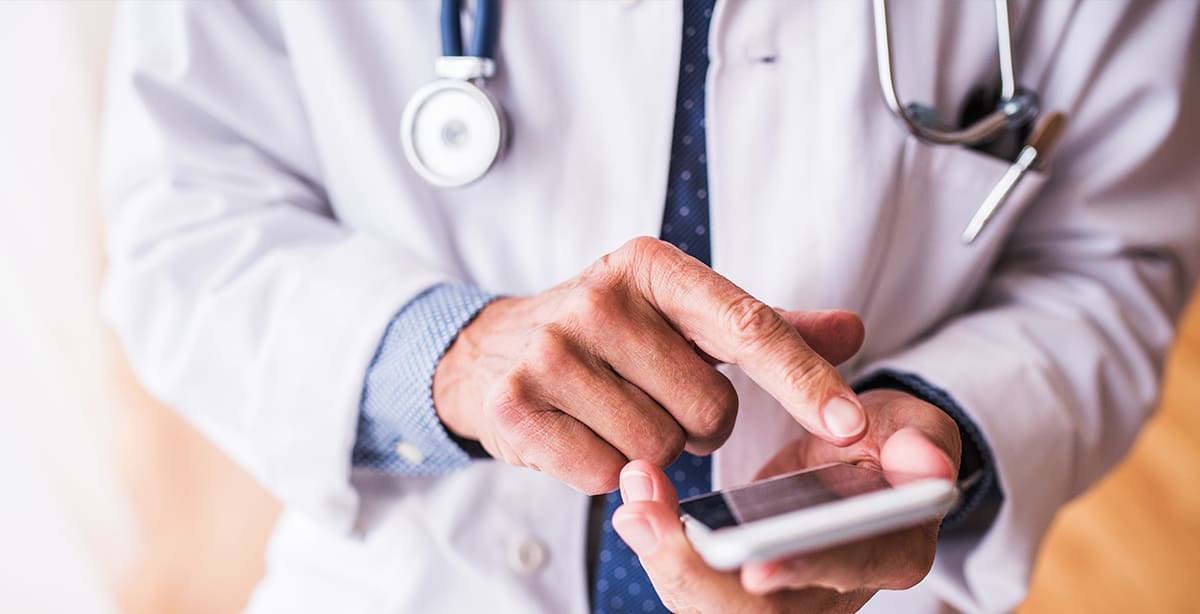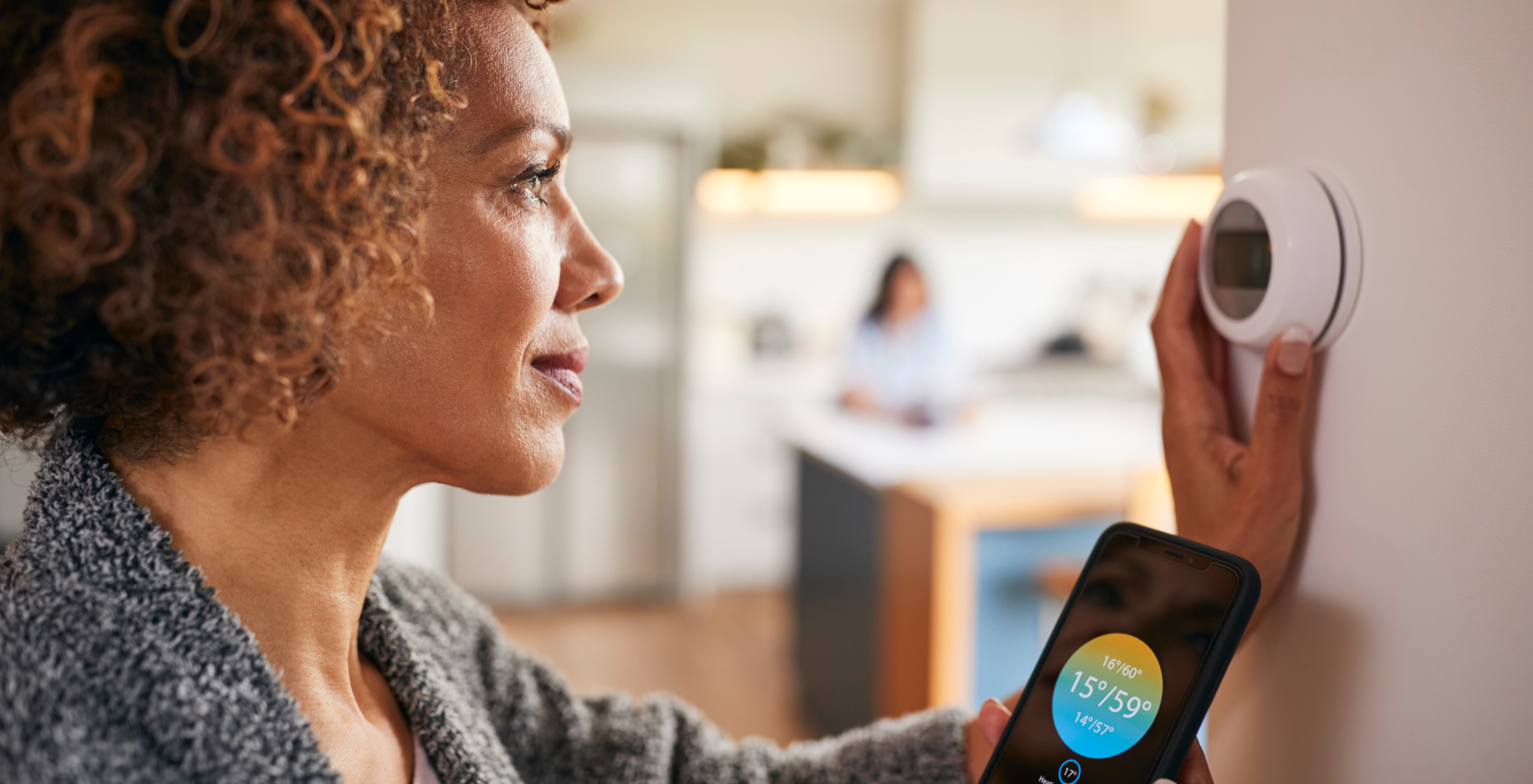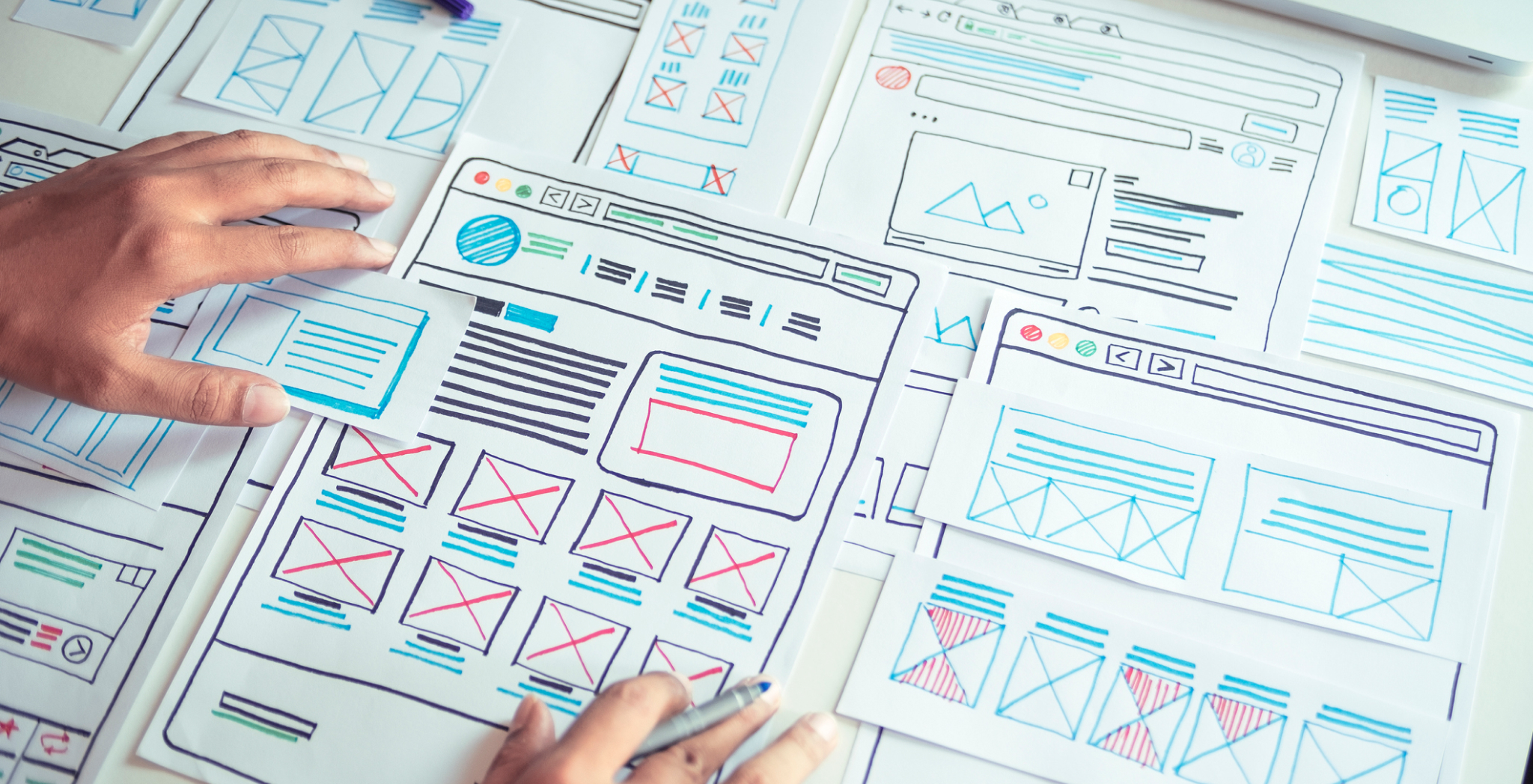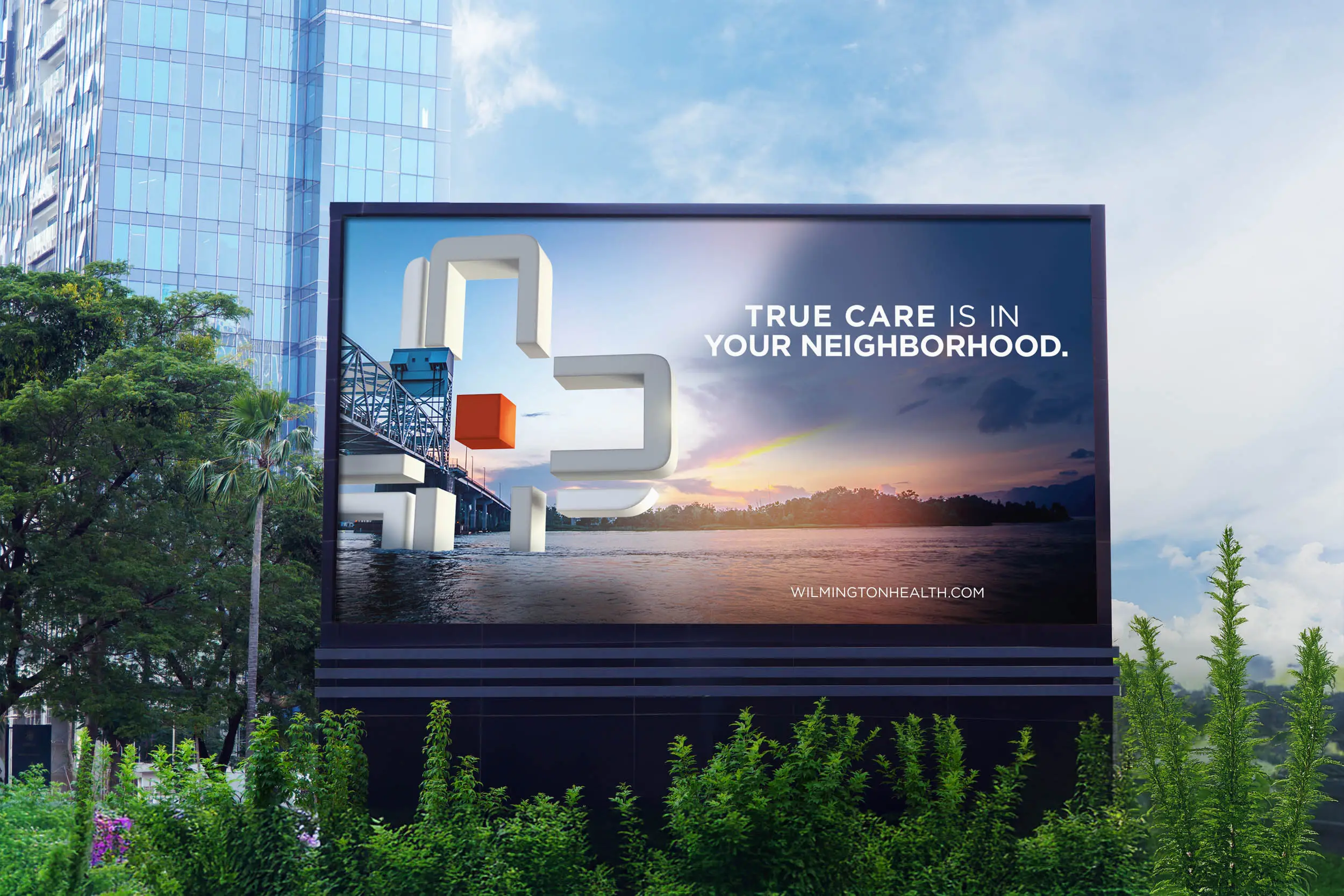
For any brand, social media is about more than just selling products and services. No matter the industry, social media can and should be leveraged as a strategic tool in the marketing tool kit — helping brands to not only increase their revenues, but also to build and strengthen their followings and community connections. And for healthcare providers, agencies and brands in particular, all of whom have a responsibility to educate, understand and regularly communicate with their communities, social media can be a critical tool in helping them take on and overcome some of the industry’s leading communications challenges.
Healthcare organizations can use social media to show members of the public how to protect themselves when new threats arise. And the organizations can also use social media to set the record straight and help stop the spread of medical misinformation.
When executed properly, using social media for healthcare communication and as support for marketing initiatives can bring seven main benefits:
1. It’s a way to answer people’s questions.
Answering public health concerns through social media marketing helps healthcare organizations prevent members of the public from self-diagnosing. A recent article on Hootsuite, a social media tool that can be used by healthcare organizations, noted that the World Health Organization developed a Facebook Messenger chatbot that can answer questions and direct members of the public to knowledgeable sources for more information. Further, healthcare organizations can customize their messaging to audiences ranging from users of Facebook and Twitter to those who use Instagram and TikTok.
2. It can help prevent the spread of misinformation.
Social media can be a strong and helpful form of communication — when the information is timely and accurate. But social media misinformation is also prevalent, and healthcare information on social media is certainly not immune. The World Health Organization lists some steps to help consumers confirm the accuracy of healthcare information on social media, and one of those is to study the source of the information to make sure it’s legitimate. Another is to go a step further, and thoroughly examine the sources provided in the article or piece of content.
3. It can help share important information during a crisis.
Social media provides a strong avenue for providing real-time updates to the public, especially during constantly changing situations. Social media can often provide faster and further reach during a crisis than traditional media such as TV and newspapers.
4. It can provide patient advocacy and build community.
Healthcare organizations can leverage social media marketing to provide a place for patients and communities to connect and seek support in real-time, with others who have been in their place previously. Consider it another form of word-of-mouth advertising that can provide people with extended resources and connectivity.
5. It’s an efficient avenue for promoting community health.
By making healthcare organizations’ communications easy to access and readily available online, social media offers healthcare providers an efficient platform for reaching broad swaths of the community. And whether the messaging shared on social platforms relates to maintaining a proper diet, getting adequate amounts of exercise, or showcasing a new and promising medical procedure, when healthcare providers share health-related tips and data on their social networks, it can ultimately serve to not only boost overall health in the community, but also to further establish the providers who share the information as trusted healthcare experts.
6. It offers an opportunity to showcase accomplishments and events.
When physicians, nurses and other healthcare providers are awarded or otherwise recognized for excelling in their field, it’s news worth sharing — both for the benefit of the individual provider and the healthcare organization as a whole. And social media offers a great avenue for showcasing such achievements among a community that is, as followers of the healthcare organization’s account, inherently interested in hearing about them. In the same vein, when a healthcare provider or healthcare organization is staging an event, social media can provide a powerful avenue for sharing the word and boosting event attendance.
7. It can help with attracting and hiring healthcare professionals.
According to research, more than nine in 10 physicians use social media in their personal lives, and about 65% of physicians harness social media sites for professional and career-building activities. So, when a healthcare organization is looking to recruit new employees such as doctors and nurses to join its staff, social media can offer a powerful and efficient way to share the news with large numbers of potential candidates.
Using social media to boost return on investment
Social media management tool provider Sprout Social discusses methods to get results from healthcare social media. One of those is to customize messaging to users of the different platforms, as mentioned above. Another is for healthcare organizations to provide strong service, which can help prevent dissatisfied patients from airing their grievances on social media.
A Top Resource for Healthcare Marketing
Brandon offers deep experience in helping healthcare organizations generate added revenues and keep patients engaged with relevant, personalized, timely outreach. The agency can also help its healthcare clients differentiate themselves in a very competitive space. To leverage Brandon’s healthcare marketing expertise for your healthcare organization, contact us today.
By subscribing to our newsletter, you agree to our Privacy Policy.



